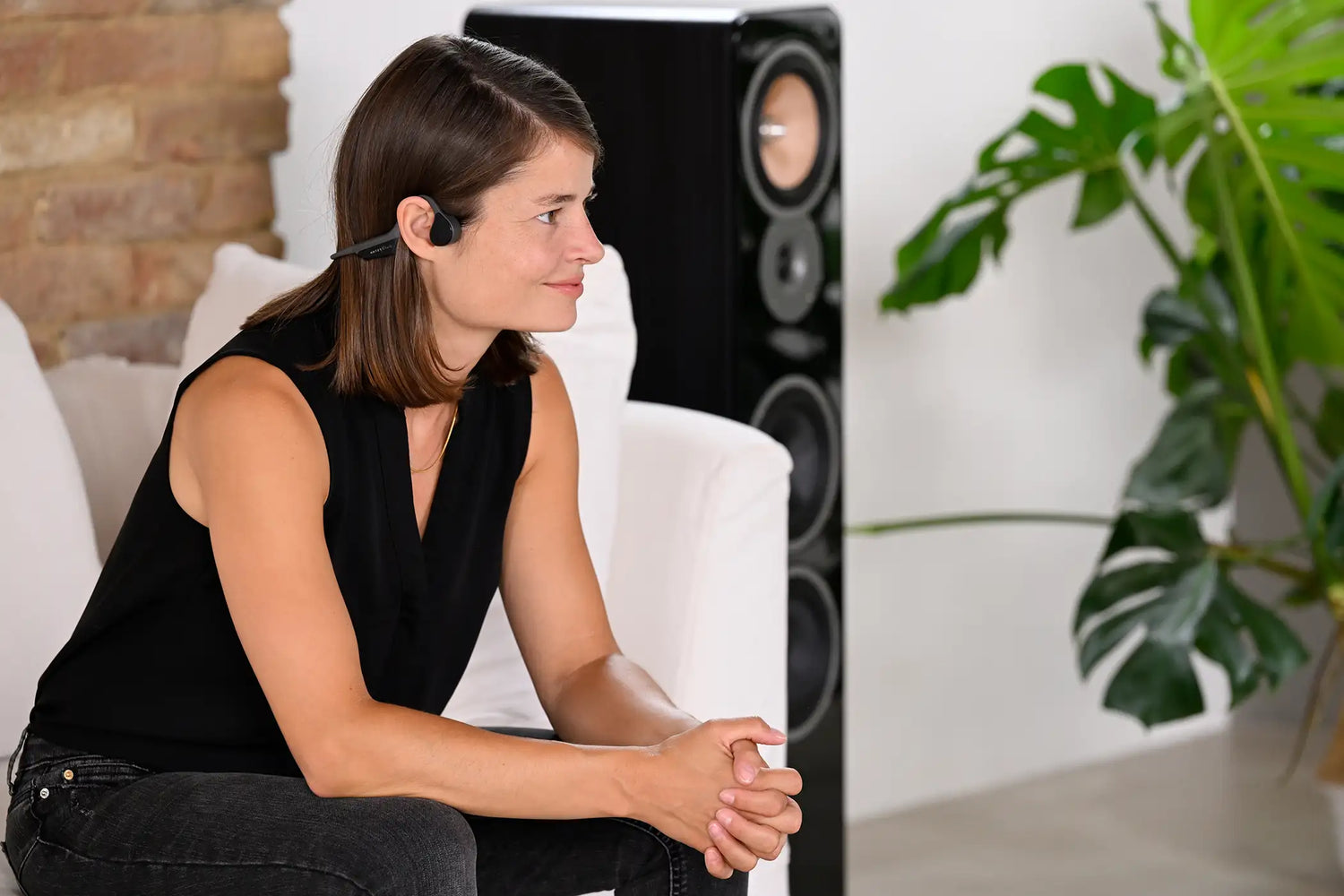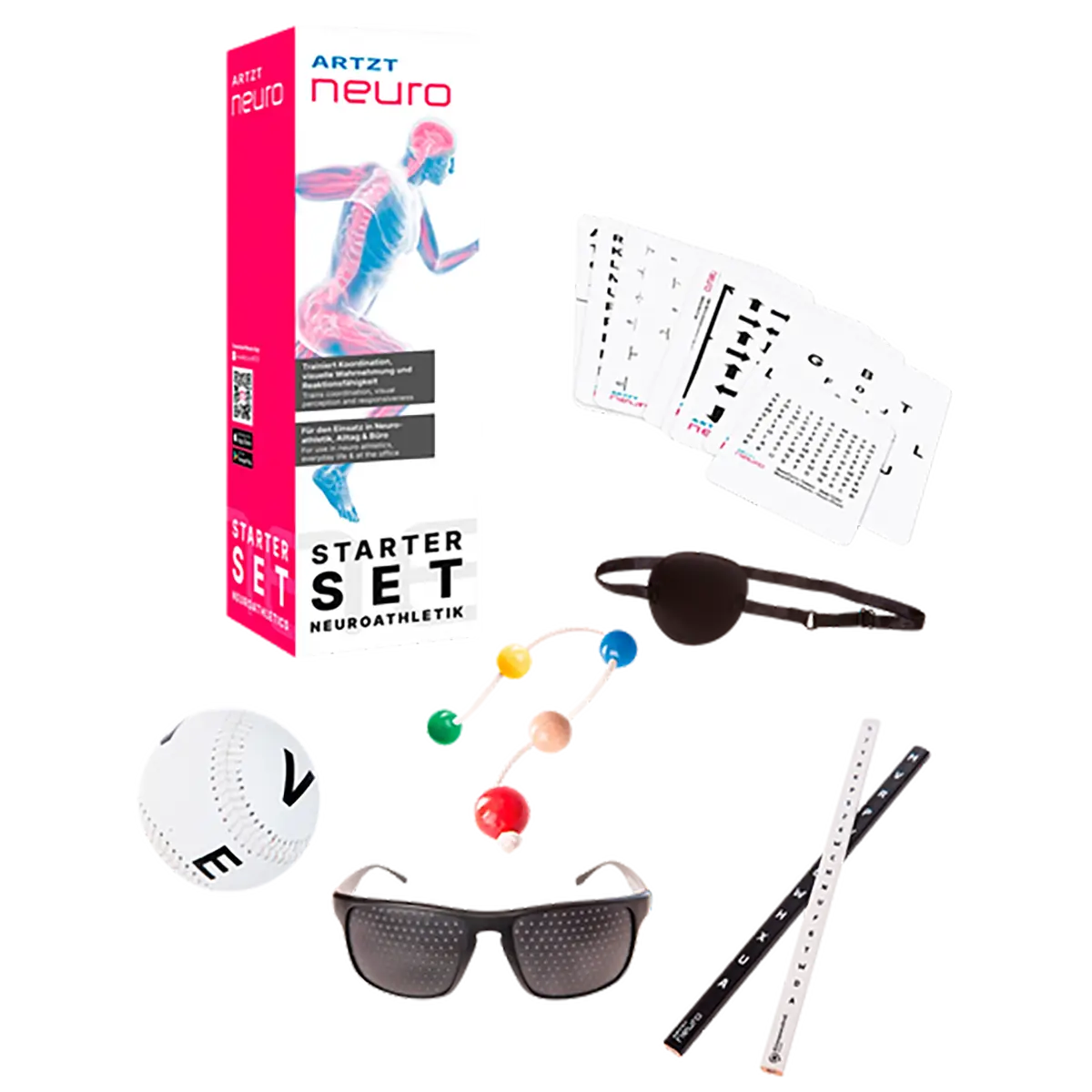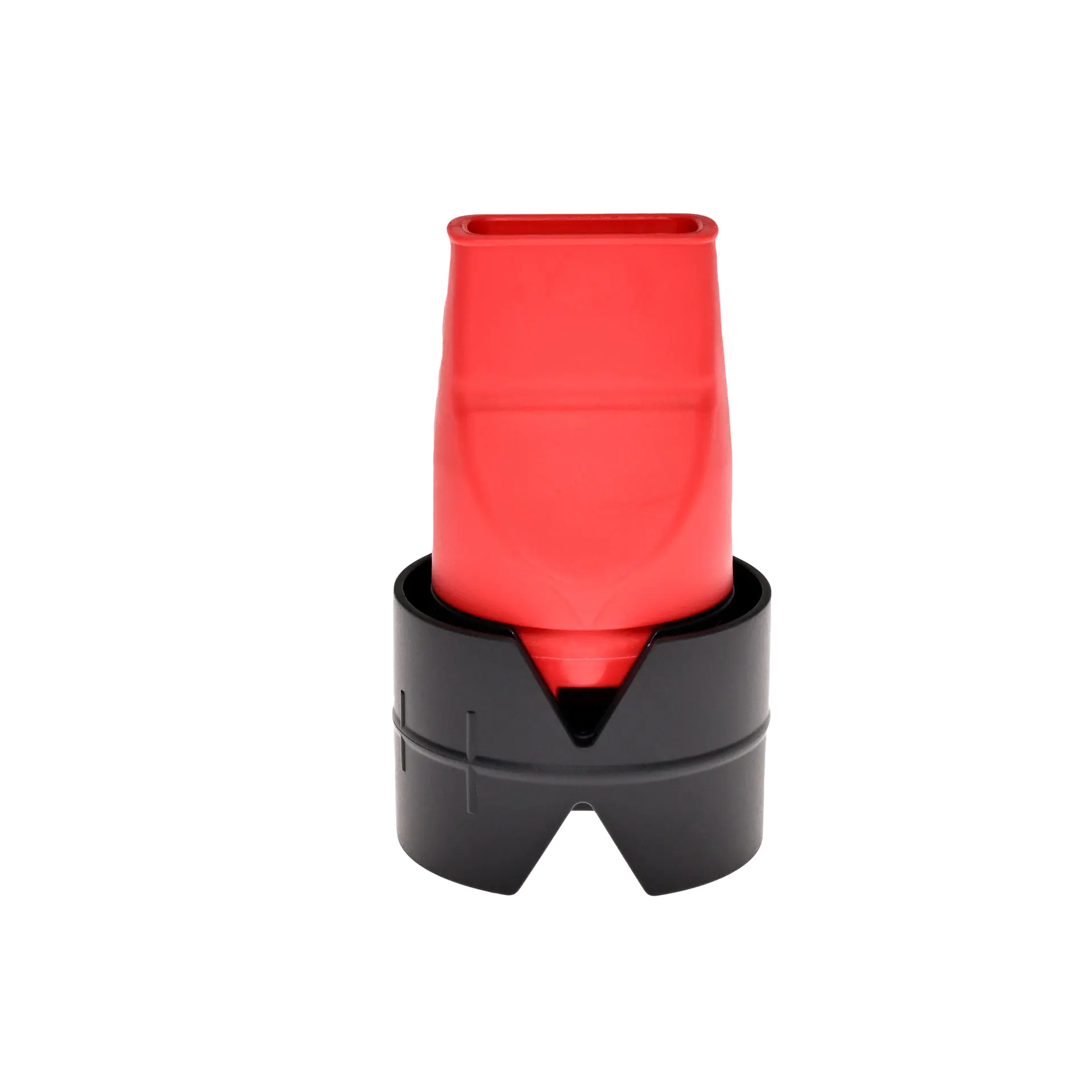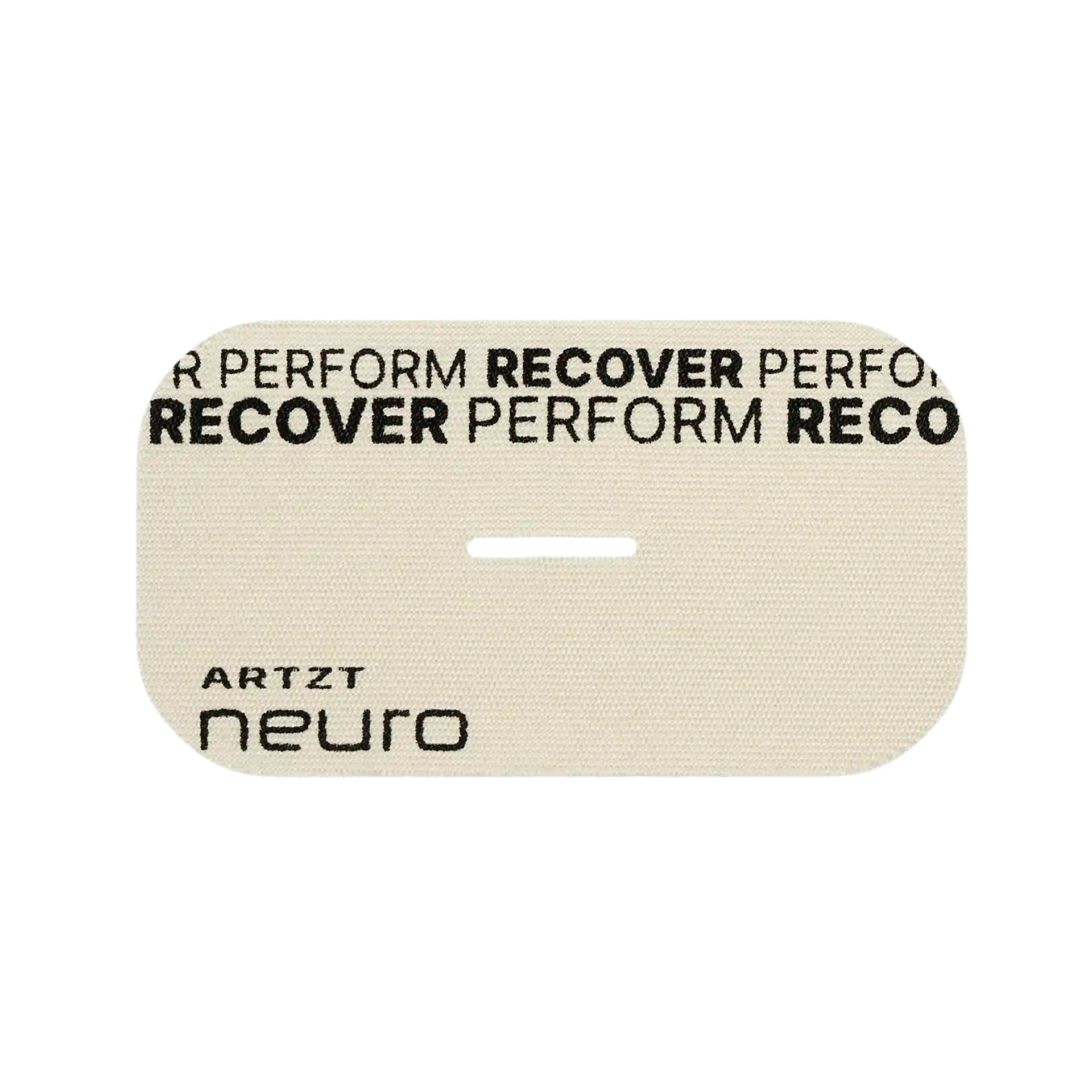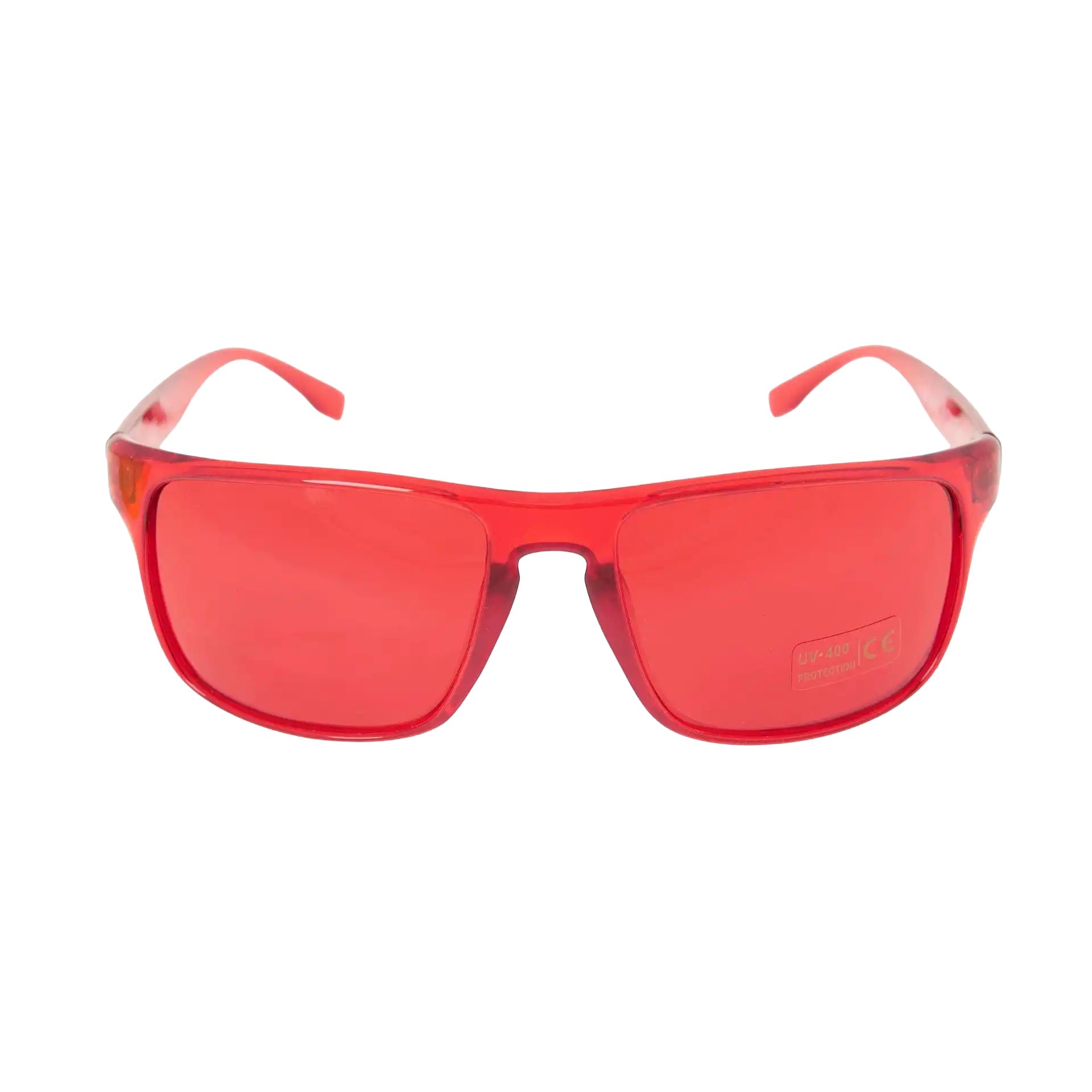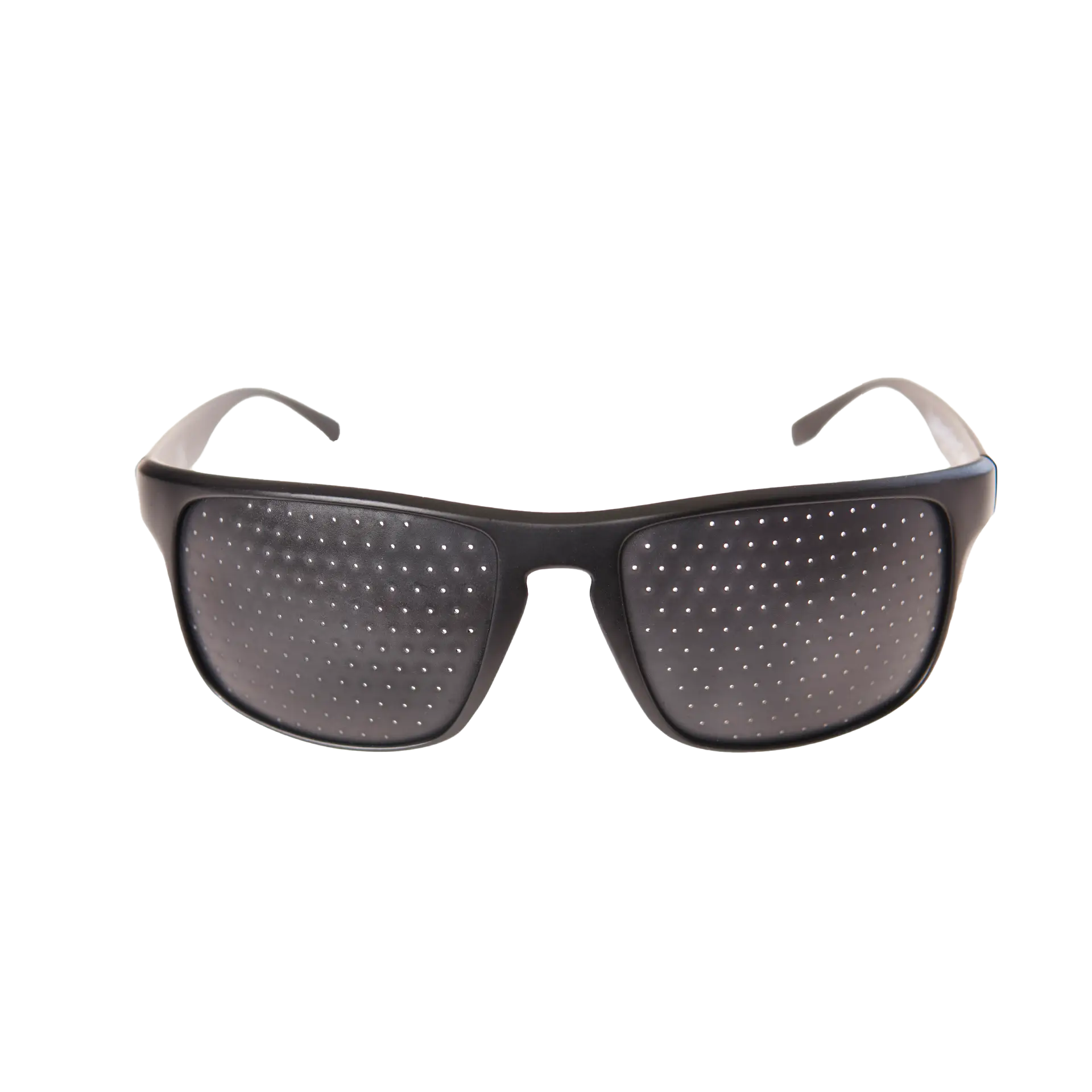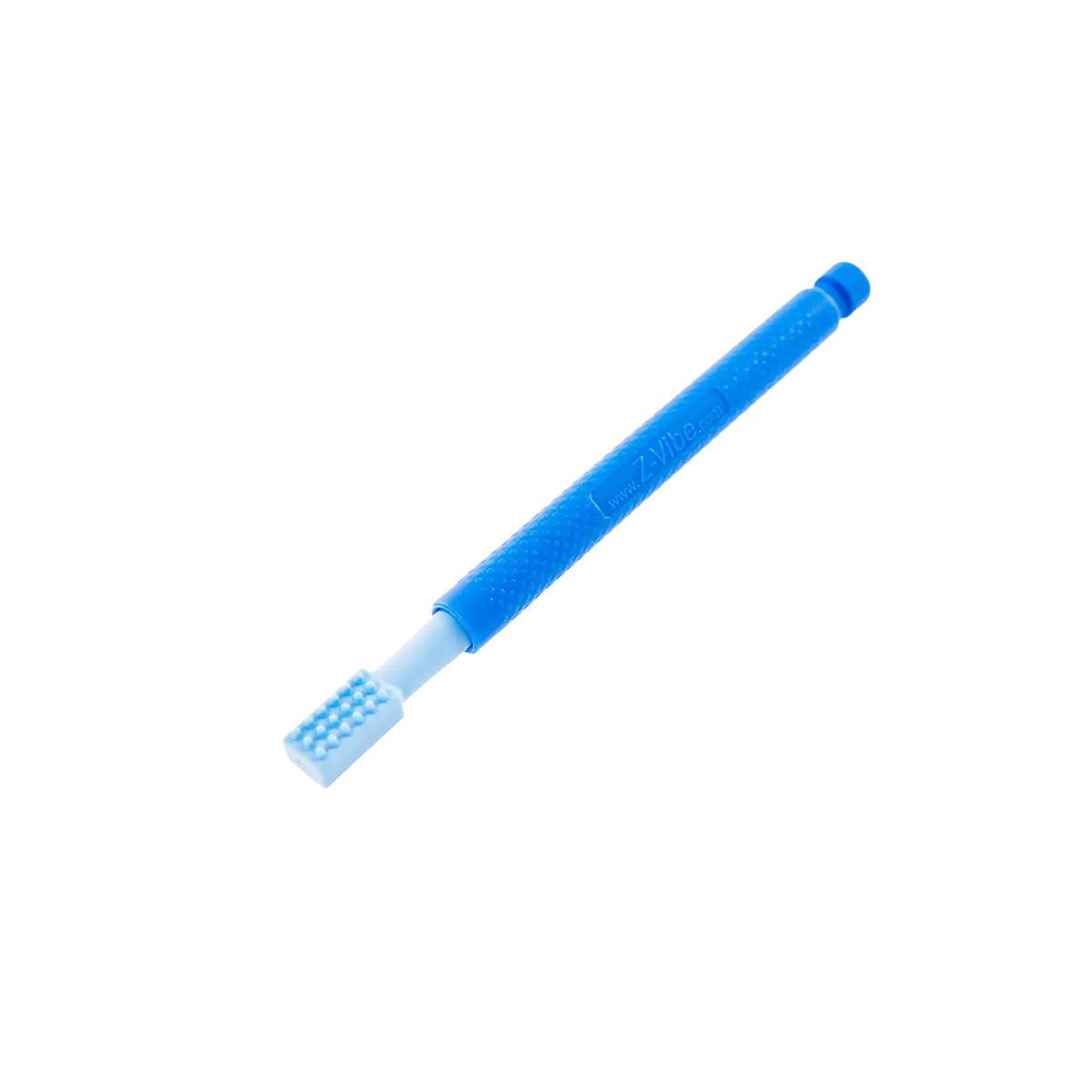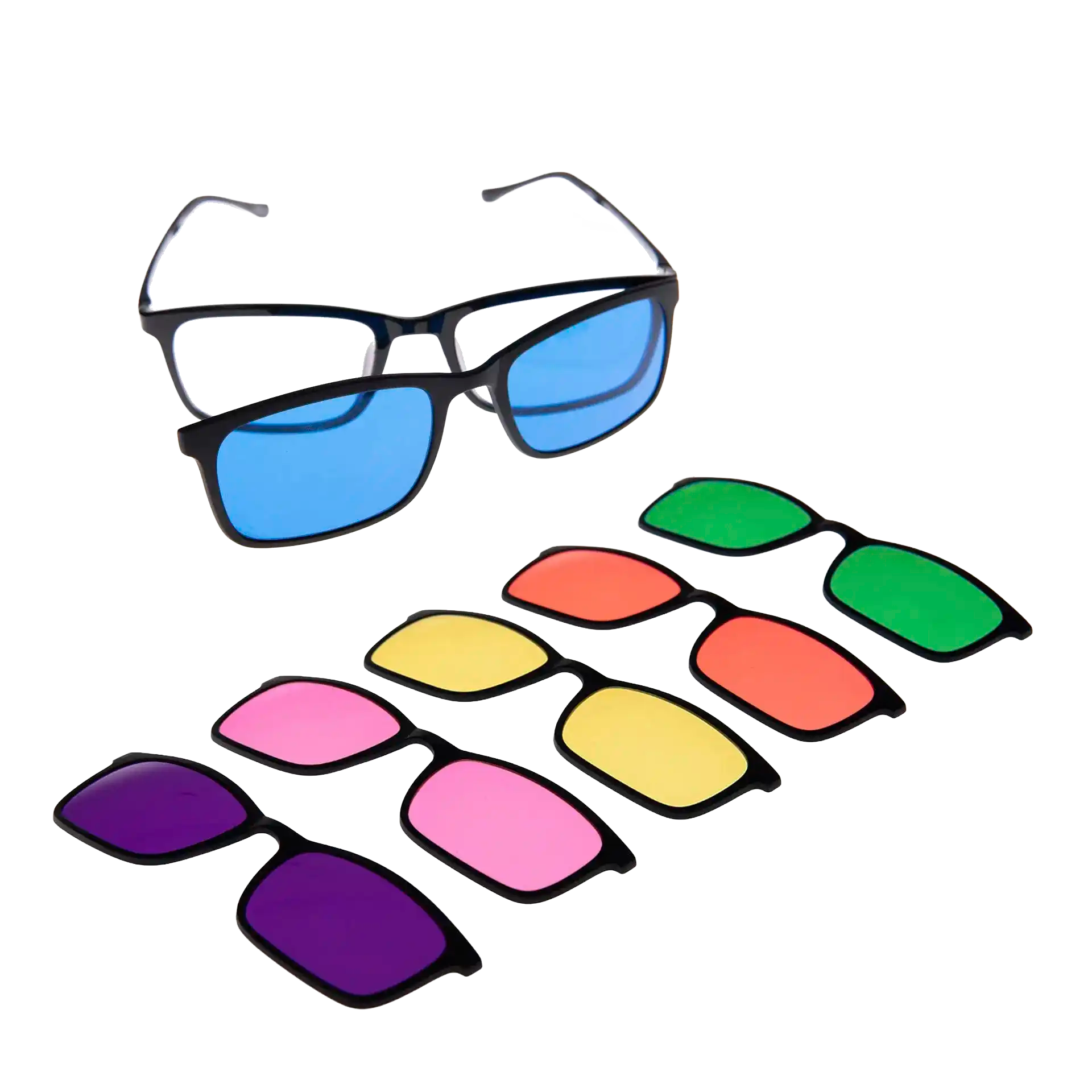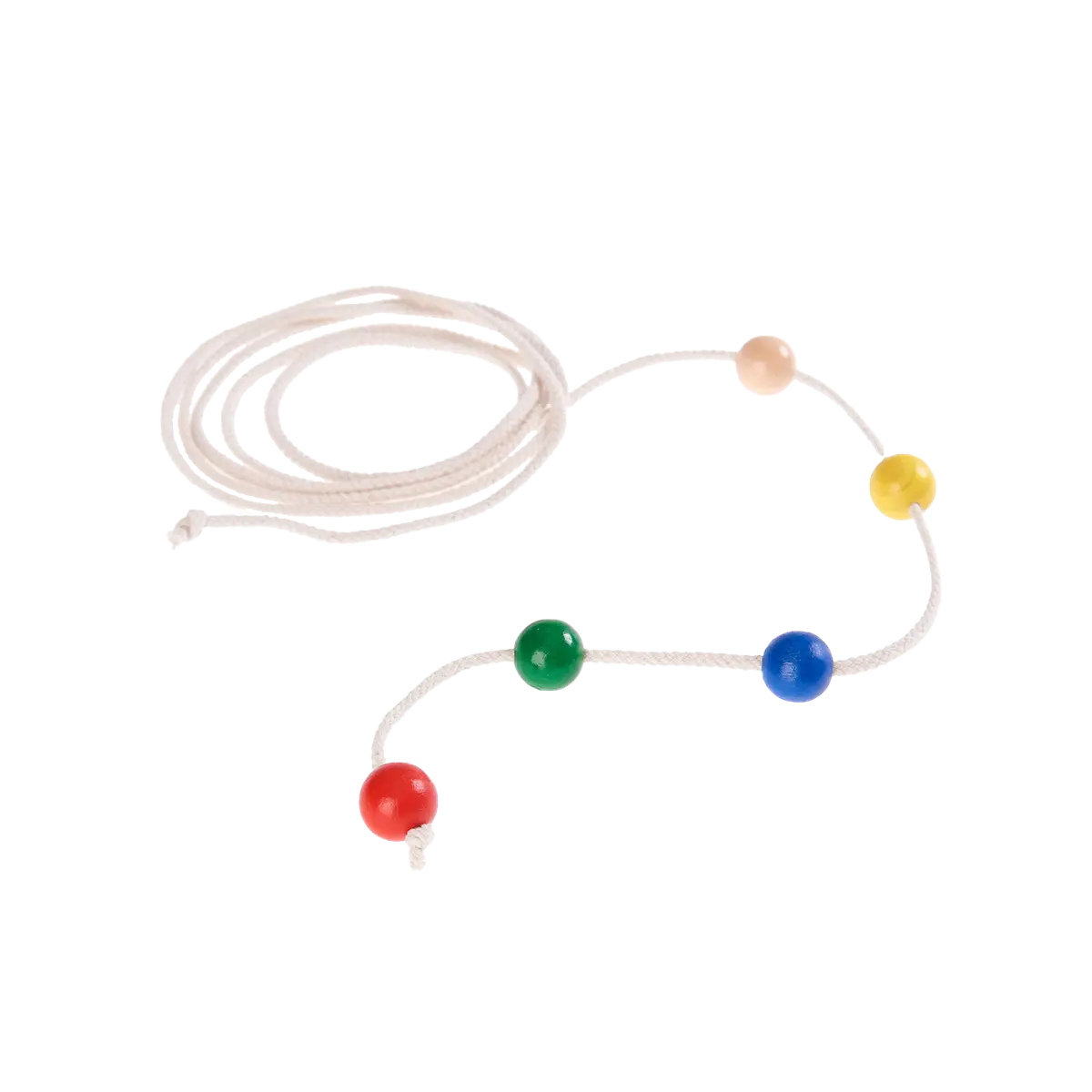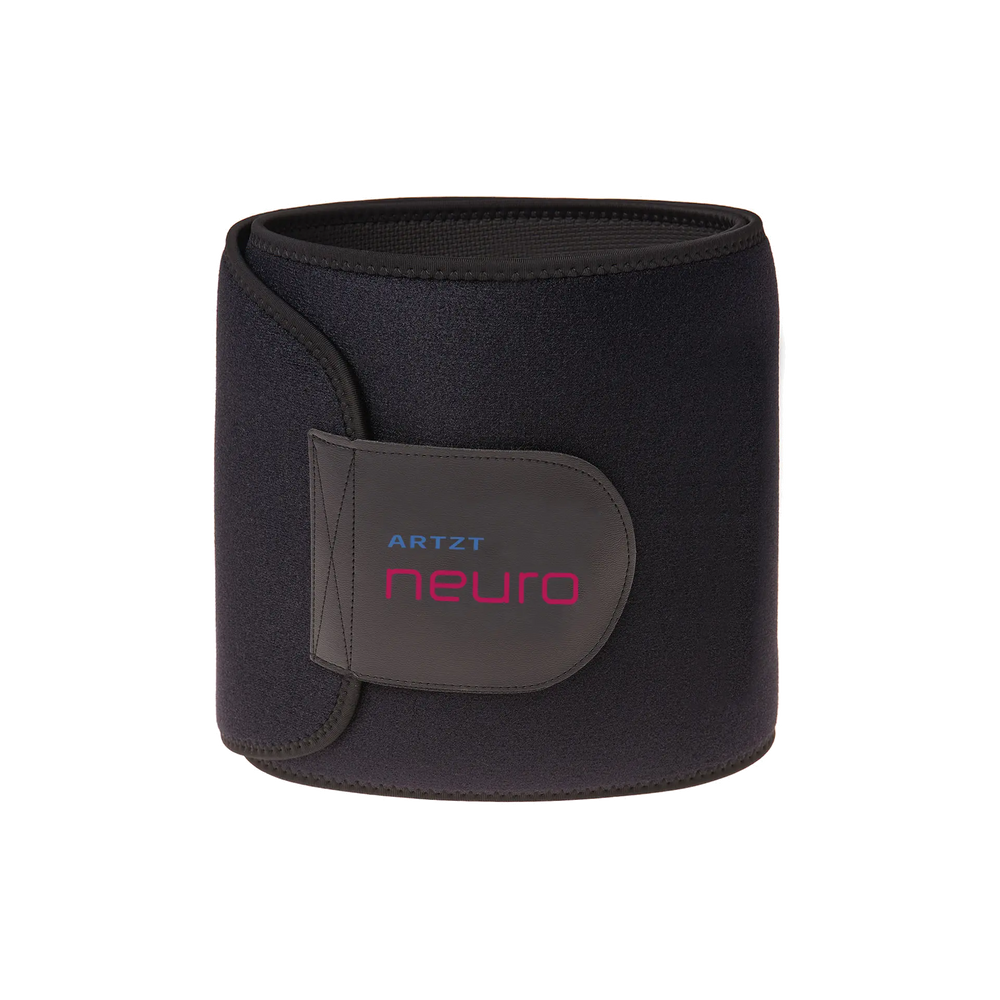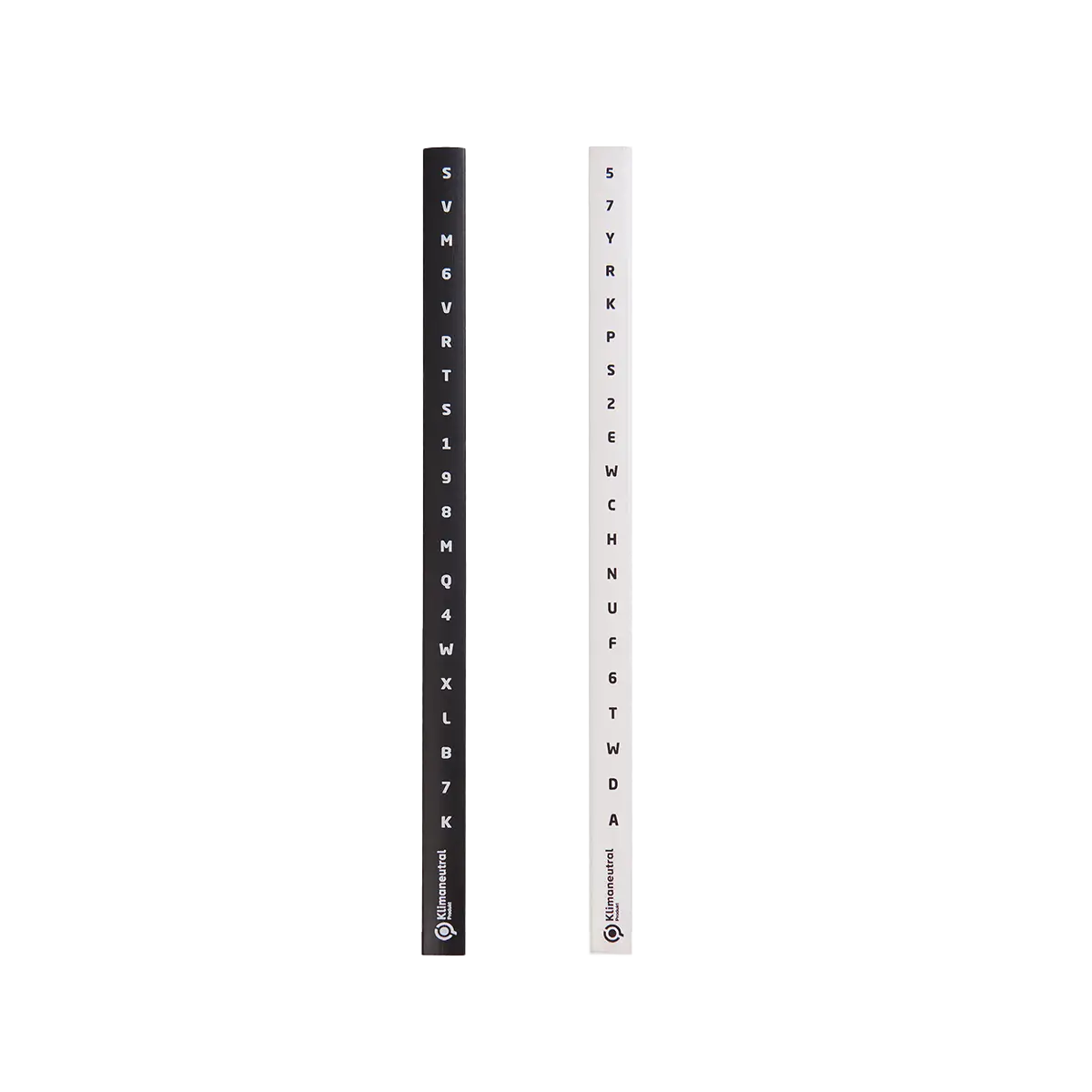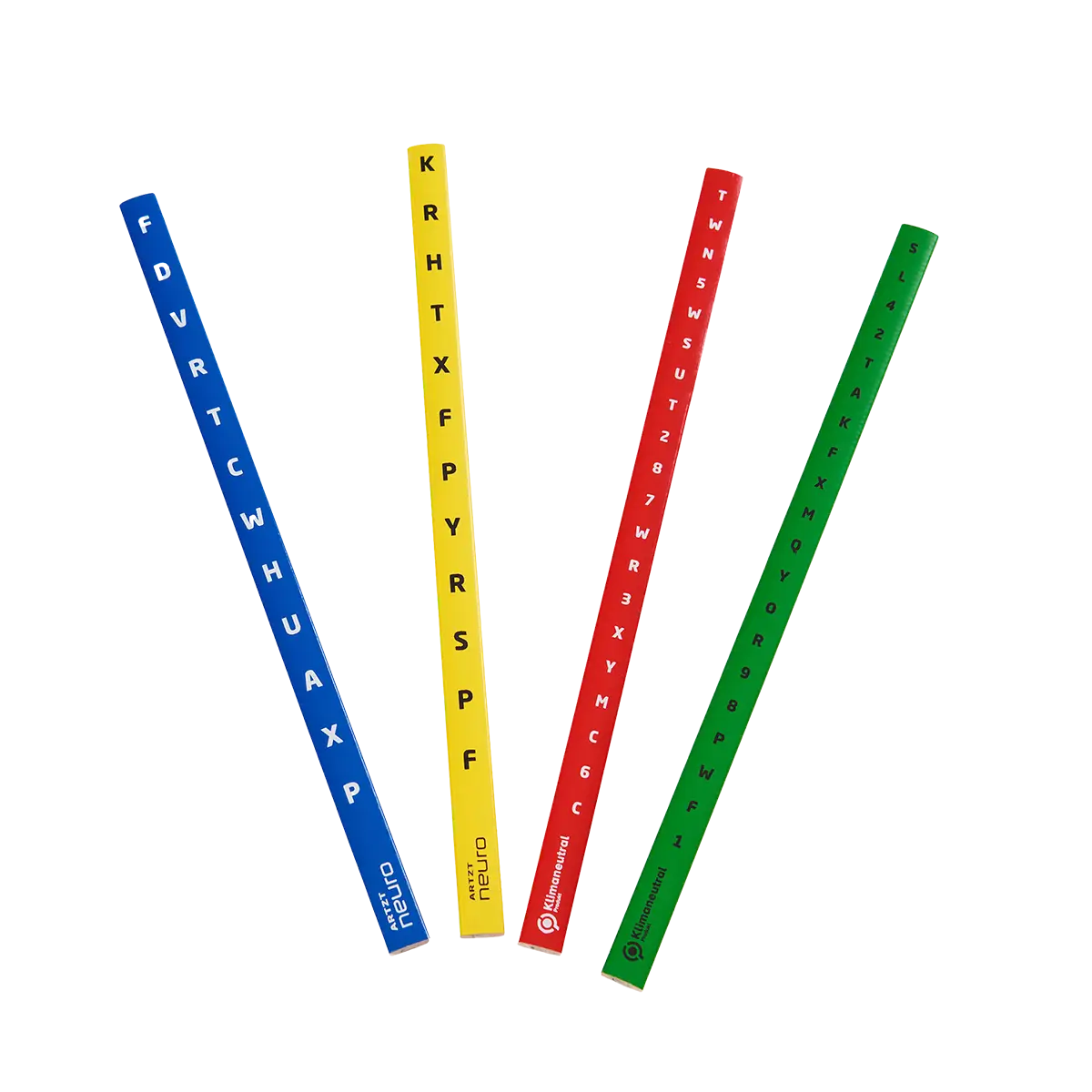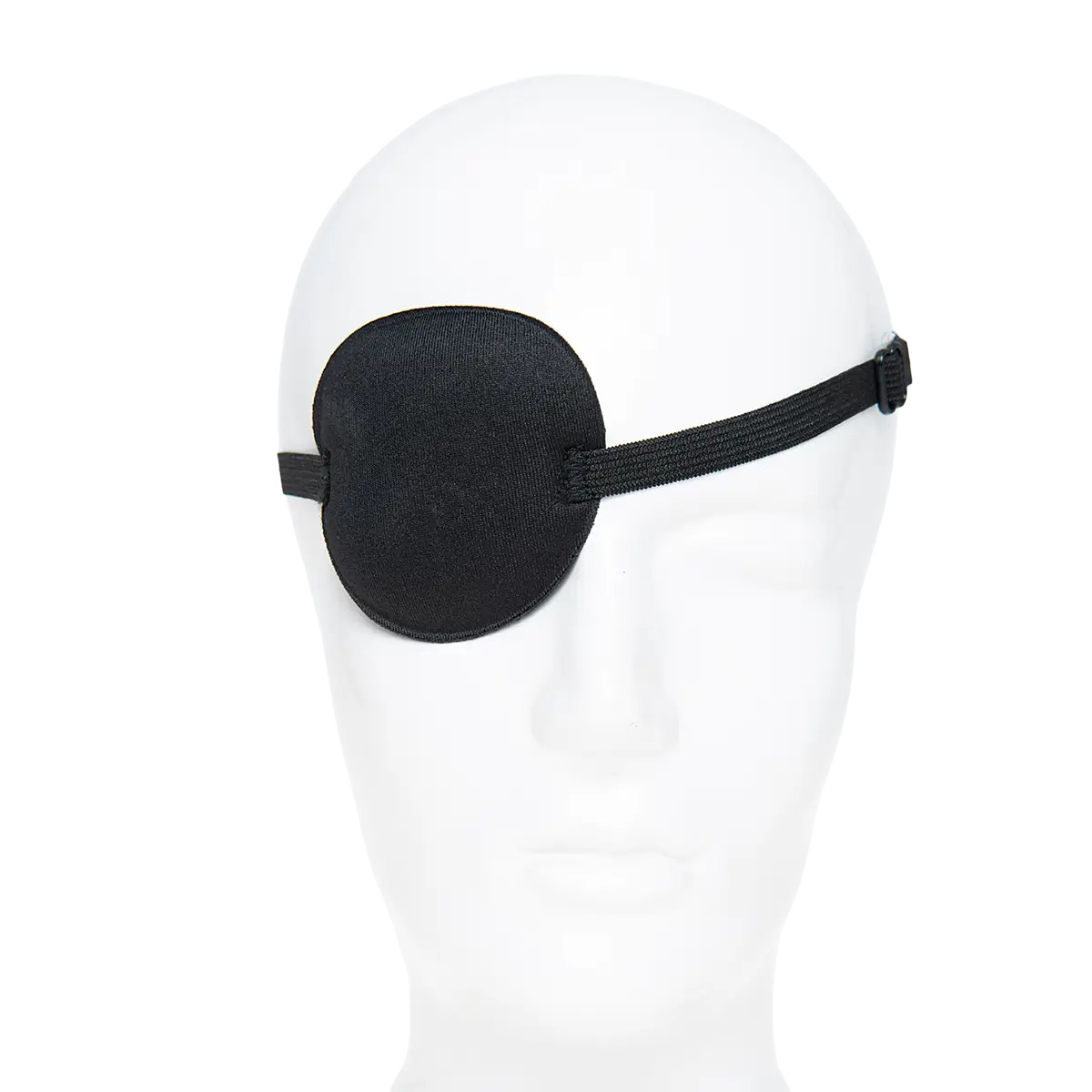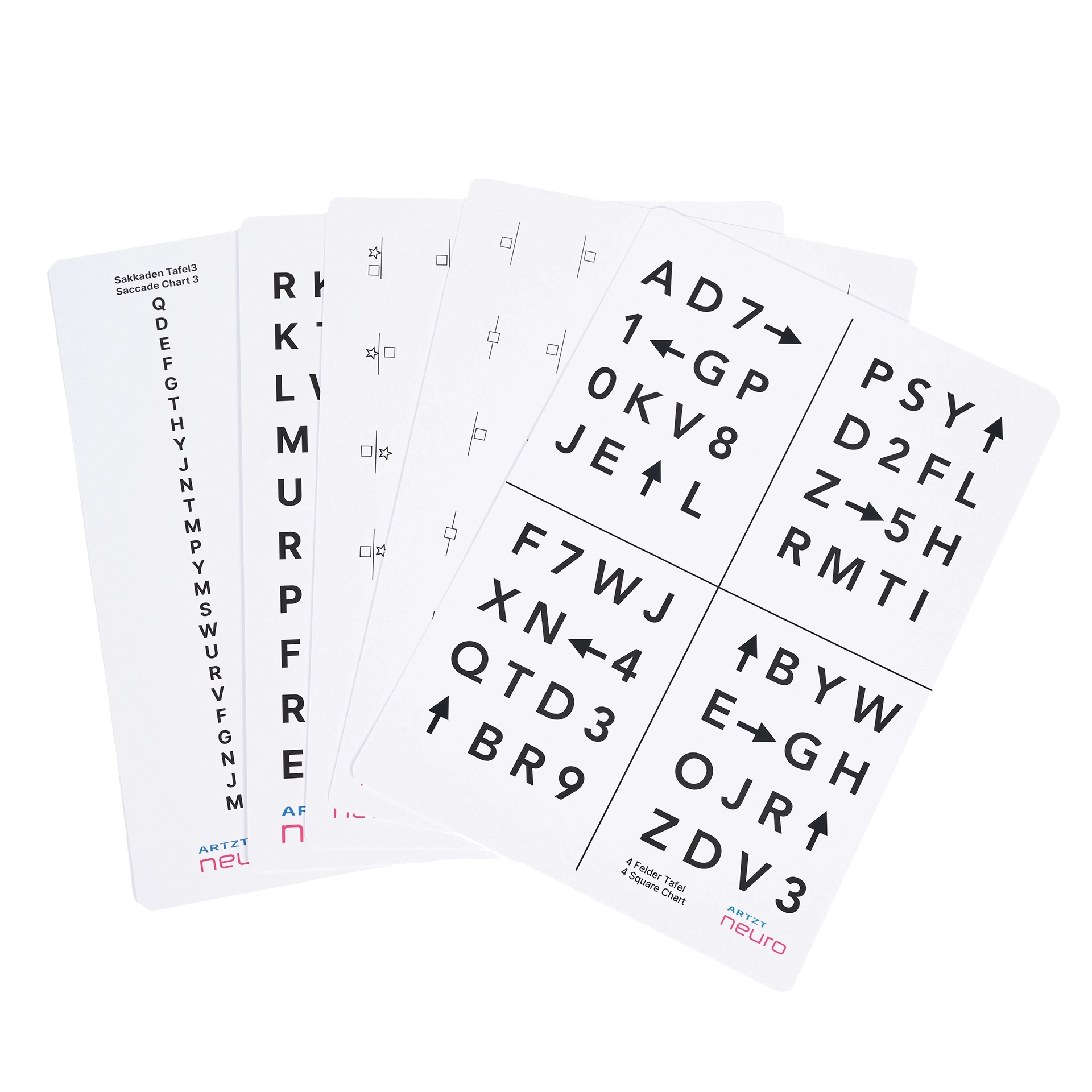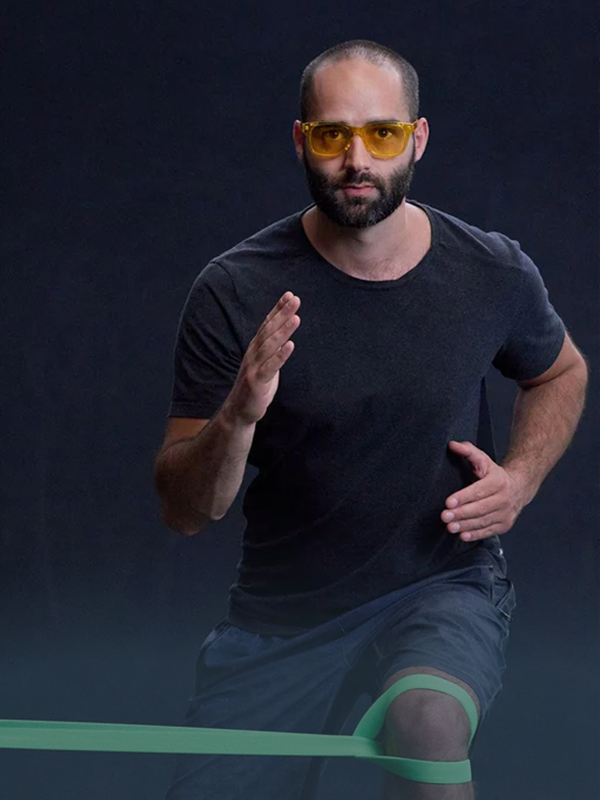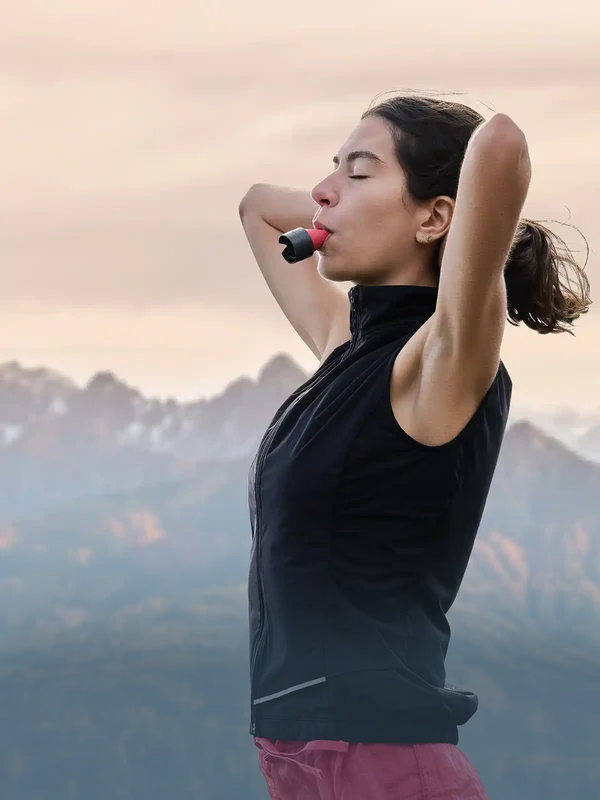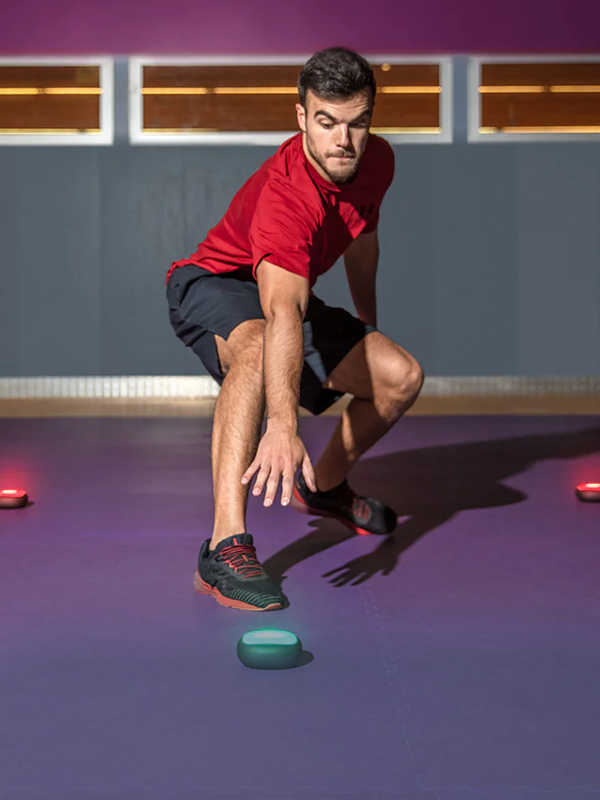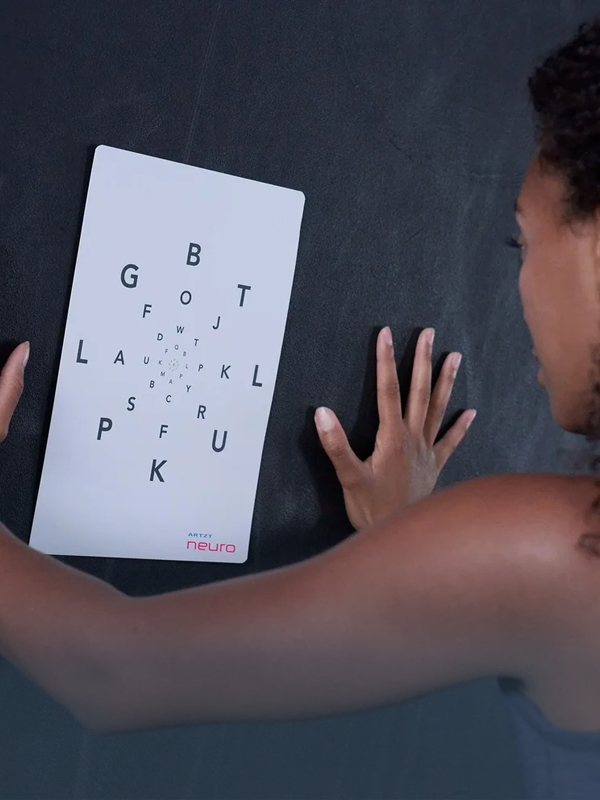Reading time: 5 minutes
Neurocentric training has become part of many people's everyday lives. Neurotrainer Luise Walther is one of the leading experts in this field. In this conversation, we explore the negative consequences of excessive use of computers, smartphones, and other devices, and what can be done to counteract them.
DOCTOR neuro: Luise, you're a young entrepreneur yourself and have found your way out of the pain and stress trap and into a mindful health lifestyle. How has it been for you?
Luise Walther: For me, this was a very conscious and gradual change in my lifestyle. After two disc surgeries, I felt compelled to make some changes. First, regaining a sense of how my body feels in certain situations and activities was crucial. This allowed me to learn to focus better on my body awareness and control my breathing. This allows me to continually reduce stress and improve my mental and physical health. However, that doesn't mean my daily life is always pain- and stress-free. Both are part of my life. But today I can regulate it better and respond to it intelligently.
AN: How do you feel about the multitude of digital media and how do you deal with it?
LW: The abundance of digital media can lead to digital overload, which can lead to overstimulation and stress. Personally, I'm a big fan of digitalization. I see tremendous potential in it and therefore use digital media nonstop—I practically always have my laptop and cell phone with me.
However, taking frequent breaks from digital media and instead spending time with small bursts of exercise or in nature is necessary for balance. To be fair, I often don't get enough of that, so I've gotten into the habit of scheduling meetings as walk-and-talk sessions whenever possible. This is especially crucial for the eyes. They play a vital role, as they process visual information and can quickly become tired with prolonged screen time. That's why I incorporate regular eye exercises into my daily routine and have established my own routines.
AN: What do you do to balance your digitalized everyday life?
LW: I'm very pragmatic about that: delicious food in good company, plenty of exercise, and good sex. My workload is quite heavy, and I have certain routines that I stick to, whether I'm at home or on the go. In the morning, I exercise immediately after getting up, then take a cold shower, and if possible, soak up some sun. Since I cycle a lot, I usually do this automatically on my commute.
A positive side effect is the exercise and the time away from my phone. My gaze wanders around, even though Berlin isn't exactly a natural paradise. I still get some fresh air and a view of the trees. And I plan my free time or breaks with friends or project partners while I'm active – for example, a business lunch followed by a walk, a run along the canal with friends, or a trip to the playground with the family. This way, I create little islands of relaxation for myself every day.
AN: You've trained as a Z-Health coach. How can neurocentric training help us lead a healthier lifestyle?
LW: Z-Health is an American training system for applied neuroscience. Dr. Cobb has created an innovative training concept. This includes a comprehensive skillset with elements from movement neurology, pain neurophysiology, motor learning, knowledge of visual and vestibular interaction with the musculoskeletal system, and behavior change approaches.
For me, it was crucial to understand how the brain and body interact. Whether it's performance improvement, pain management, stress regulation, or movement optimization: pain, movement, and stress originate in the brain. And that's why training should start there.
AN: In our digital world, many people suffer from stress. What are you doing wrong?
LW: I would never presume to say that someone is doing something wrong, because everyone is doing their best. Instead, I recommend taking targeted measures to improve stress regulation and management. Chronic stress is known to have negative effects on the body and mind and can be linked to various illnesses. It is therefore important to find ways to reduce stress and cope with it better.
Studies have shown that mindfulness exercises can be an effective method for reducing stress and improving stress regulation. Targeted neurotraining can also help improve stress management. Instead of constantly pushing yourself, the goal is to focus your attention on your body's awareness so you don't overload your nervous system.
AN: You work with so-called triggers. What are they, and why are they so important in everyday life?
LW: Triggers are important in everyday life to enable behavioral changes. They draw attention to a specific action or habit and motivate you to implement a new habit.
We all tend to fall into routines and habits, especially when we're in familiar surroundings. However, triggers can help break this routine. They grab our attention and encourage us to try new actions, for example. This might be the ringing of the alarm clock in the morning, prompting us to get up and start the day. If sweets are lying conspicuously in the kitchen, they can be a trigger to eat them as unhealthy snacks. So, by being aware of how triggers influence our behavior, we can create positive triggers. And these help us develop new habits or change existing ones.
Additionally, triggers can also help establish a connection between a desired behavior and a positive outcome. For example, if we have a refreshing drink after a workout, drinking that drink can become a trigger that motivates us to exercise regularly because we associate the positive feeling with the drink.
AN: Why can neurocentric training tools be helpful in achieving your health goals?
LW: First of all, it's important to set goals. These are always very individual. While one person wants to improve their sleep, another might want to reduce their neck tension, and yet others aim to become calmer and more relaxed.
Working with different tools offers several advantages:
- Neurocentric training tools can help us become more aware of how our brain reacts to certain stimuli or situations. This awareness allows us to better reflect on ourselves and understand our behavior and thought patterns.
- By using neurotools, we can learn to better control and regulate our reactions. This can help us avoid unhealthy behaviors like stress eating or smoking and choose healthier alternatives.
- Neuro-tools can help us better motivate ourselves and link rewards to our desired behavior. This can help us achieve our health goals by increasing our motivation and aligning our behavior with positive outcomes.
- By using neuro tools, we can develop individual and personalized health solutions tailored to our specific needs and goals.
- Neuro-tools can help us manage stress more effectively by supporting us in reducing our stress levels. This can help us stay healthier and make better health decisions.
AN: What is your most successful trigger for taking a break from exercise?
LW: Absolutely: coffee, walk, and talk in the sun. As soon as the sun is shining and I don't have a fixed appointment at the computer, I take advantage of the moment to be outside, soak up the sun, and get some exercise. Often, my reward is a coffee, and then I sit in the café with a notebook and work on my projects. For projects that can't be postponed and have to be completed, short breathing or eye exercises pull me out of the work rut and recharge me.
About Luise Walther
Luise Walther is a specialist in neurocentric training and a trained Z-Health coach. Her goal is to offer simple and accessible solutions to awaken the joy of physical movement. In her work, she focuses particularly on examining physical performance in all its facets. Her approach is based on the insight that pain, movement, and stress originate in the brain.

